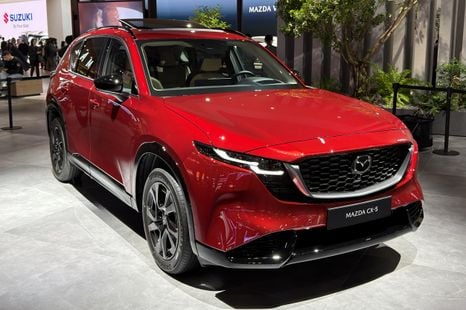

William Stopford
2026 Mazda CX-5 receives raft of cost-cutting measures
58 Minutes Ago
It's becoming harder for Australian car company divisions to get stock of low CO2 vehicles without mandated emissions targets in place

Senior Contributor
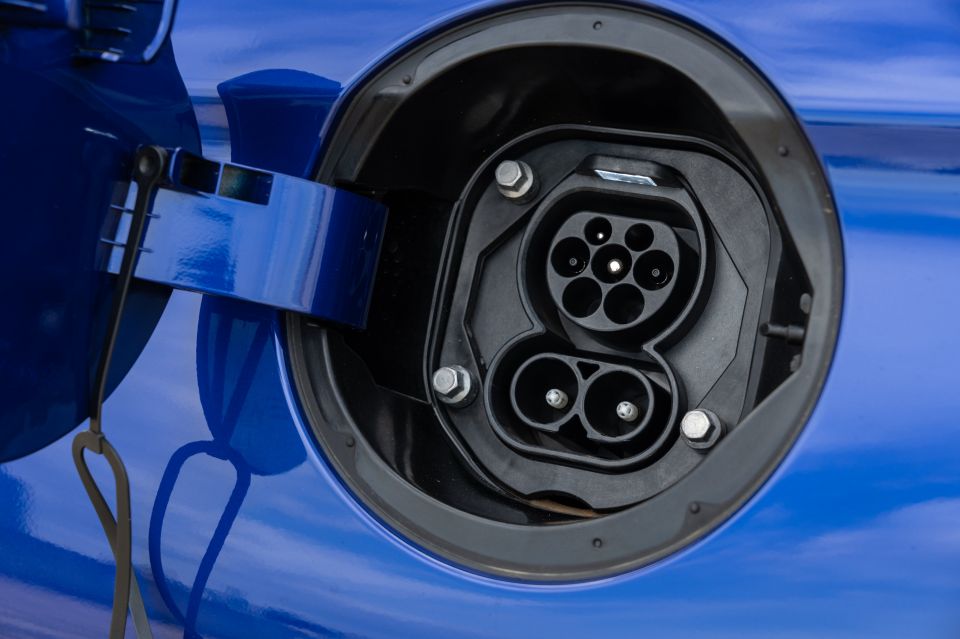

Senior Contributor
Managers of Australian car companies continue to call on the Government to provide clearer CO2-reduction and fuel-quality plans, to help them secure allocation of low-emission cars from overseas.
With demand around the globe for hybrid and electric vehicles growing, enforced by CO2 targets and encouraged by financial incentives, there are concerns Australia will become a dumping ground for cars with older engine technology.
Car companies are increasingly allocating production of low CO2 vehicles to places like Europe, the USA, and Asia, where they increasingly have to do so. There’s less incentive for them to send stock to markets like Australia.
Australian emissions regulations are based on standards introduced in Europe a decade ago. In Europe, those standards have since been superseded by rules that won’t be mandated here until 2027.
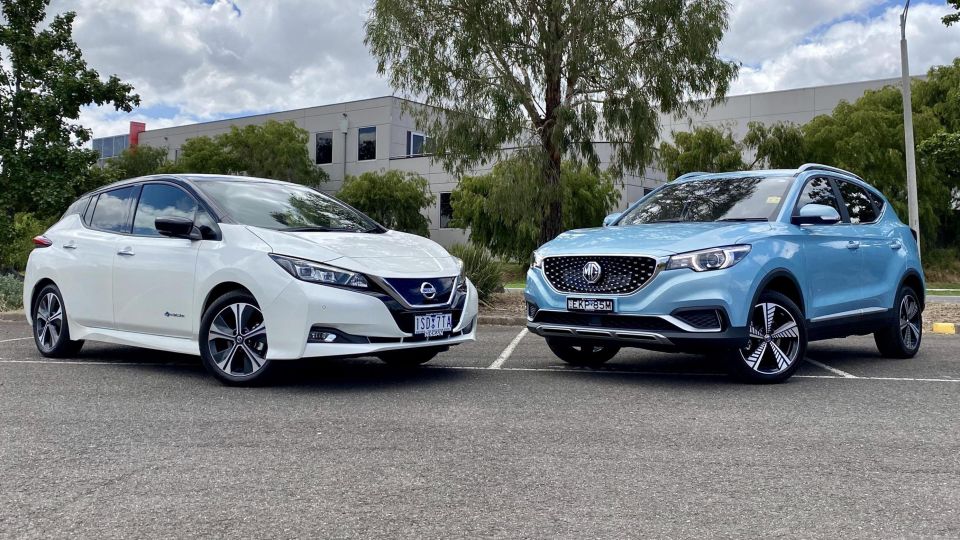
The allowable sulphur content in petrol here is also 10-times greater than global best-practice, at 150 parts-per-million.
MORE: How Australia’s emissions standards compare with Europe
Last year in lieu of government targets, the Federal Chamber of Automotive Industries (FCAI) auto industry peak body announced its own “industry-led” CO2 standard, designed to publicise the degree to which each car manufacturer is cutting its average emissions out to 2030.
The first results were published last week, and you can read our breakdown of them here.
But good intentions notwithstanding, this is a voluntary code created by the car brands. It’s not legislation that financially punishes manufacturers who fail to meet dynamic emissions targets, like those enforced by the European Union.
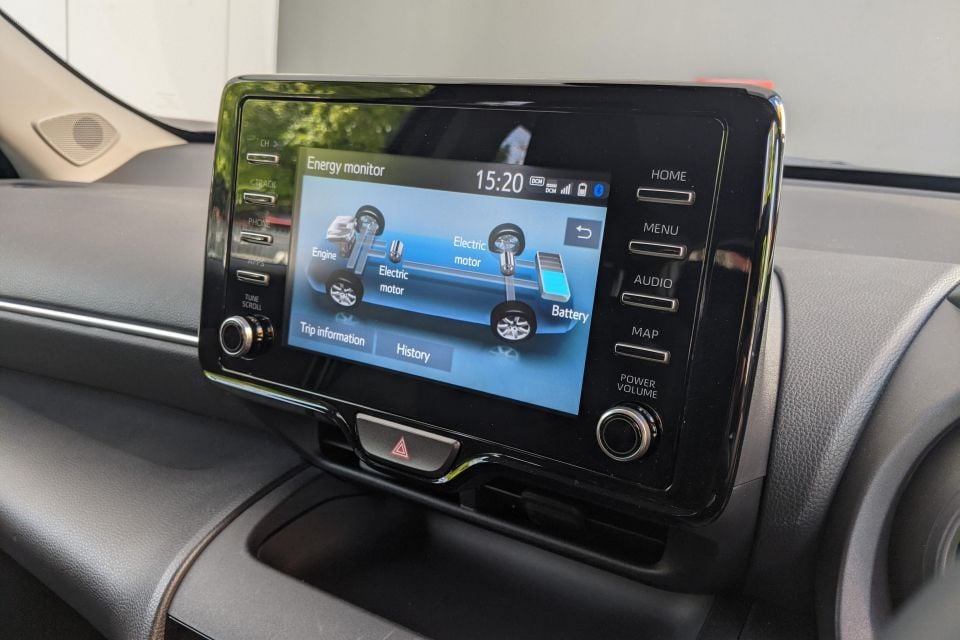
“This is a substantial reform that we’re making today… Nobody should delude themselves. Almost every car company CEO… agrees with the principle of having a standard,” chief executive Tony Weber told us at the time of launching the plan.
Recent comments from senior figures inside both Toyota Australia and Volkswagen Australia taken inside the past week or two show this very much remains the case.
“Whilst there’s no government regulation to enforce it [the FCAI targets], it’s voluntary, we have a moral responsibility… we’re not going to wait for it though,” Toyota vice-president of sales and marketing Sean Hanley told this writer.
More than a quarter of all Toyotas sold in Australia this year are hybrids, though it offers no electric vehicles.
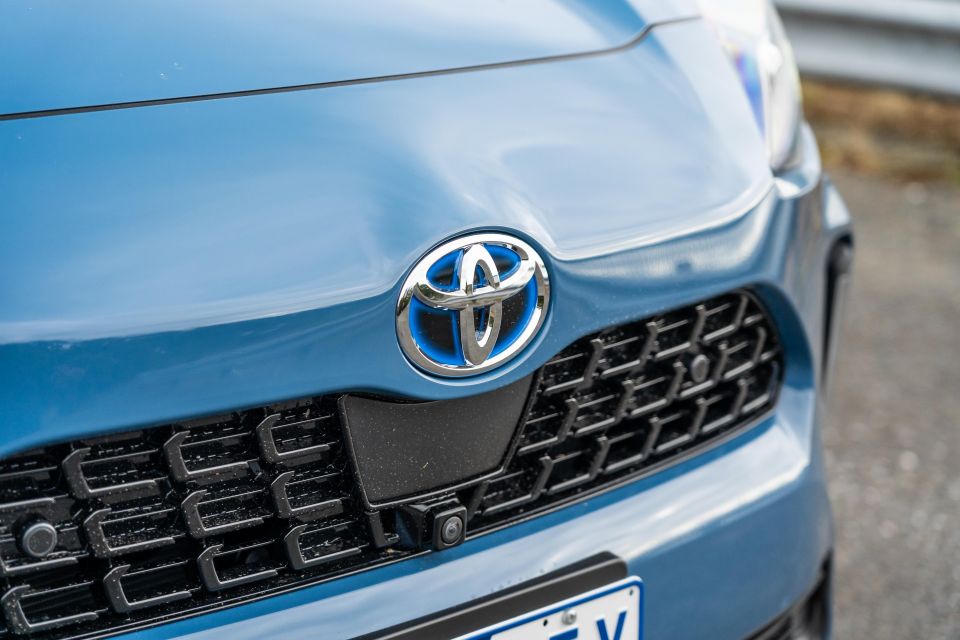
“We would support that direction, which is why the FCAI has formulated what we all collectively think is a suitable regulation,” added Toyota Australia’s general manager of product planning and development Rod Ferguson.
“If the government decided to adopt that, we would see that as a very appropriate thing.
“… I think that’s where corporate social responsibility comes into it, because of course in the absence of that it becomes a pure prioritisation system of resources and allocation from which countries have to have [low CO2 cars], which countries need it, or which countries would like it. That’s natural resource allocation.”
MORE: Here are some Euro-market EVs that Australia misses out on
The boss of Volkswagen Australia Michael Bartsch – also the FCAI’s deputy chair – lobbied more emphatically for greater movement on mandated CO2 targets and fuel standards.
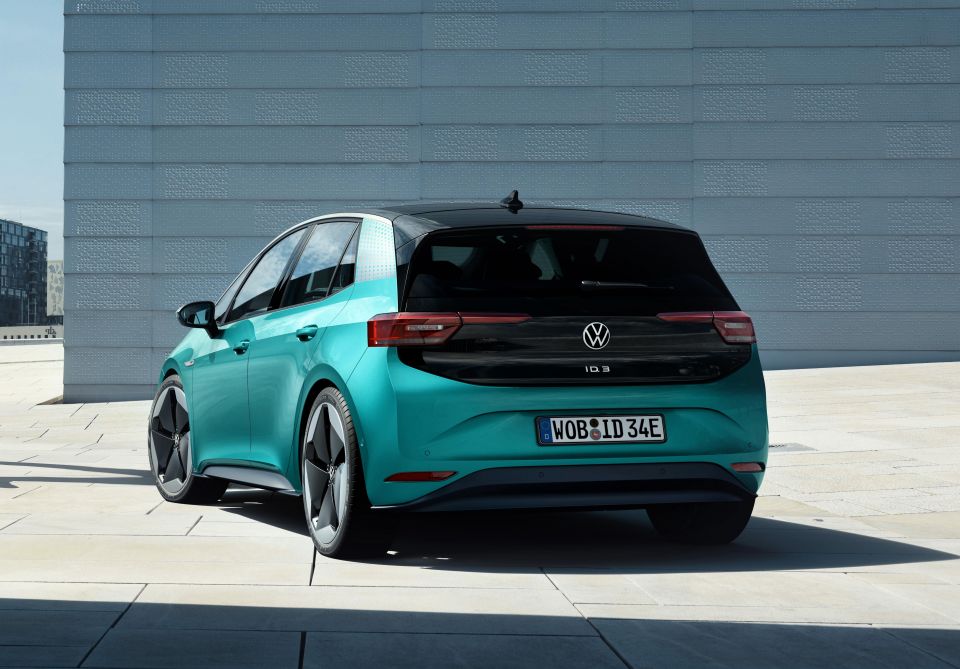
“Such is the reluctance of government to countenance carbon emissions reduction targets, auto importers are obliged to implement self-regulation,” he said last week.
“Australia is becoming a dumping ground for older and less efficient vehicles.”
“Australia’s backwardness in terms of both CO2 and sulphur standards means our country is becoming a tip for technology that is no longer acceptable elsewhere. Unless a CO2 reduction target is set, manufacturers will continue to prioritise modern markets both for zero emission vehicles and the most efficient conventional engines.
“Markets where there are targets to meet and punitive fines if they don’t are naturally first in line for zero emissions vehicles.”
The pure-electric Volkswagen ID.3 hatch and its ID.4 SUV sibling are currently at least three years from launching in Australia, the company says, though the former is already topping the European electric sales charts.
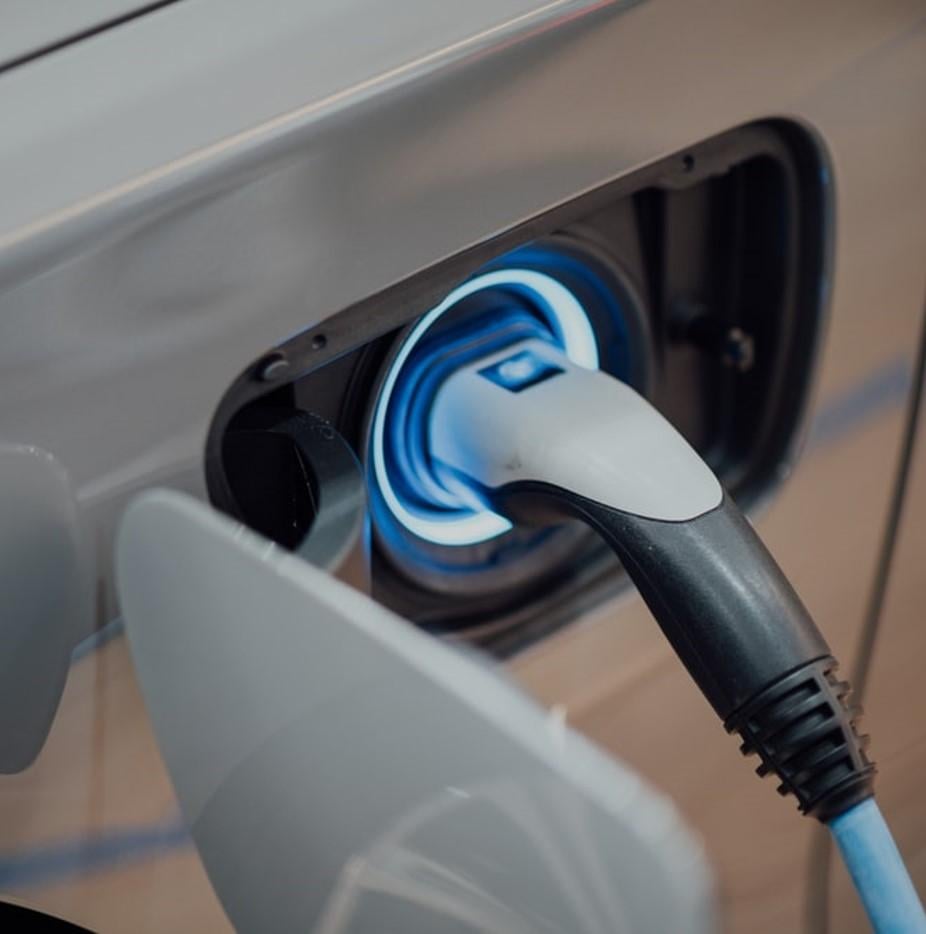
“While we have a legislative environment or whatever it is that you’d like to describe it, here in Australia, there really is no imperative to fast track or drive the EV introductions in Australia,” Mr Bartsch told us.
MORE: Emissions targets explained, Q&A with FCAI chief executive Tony Weber


William Stopford
58 Minutes Ago
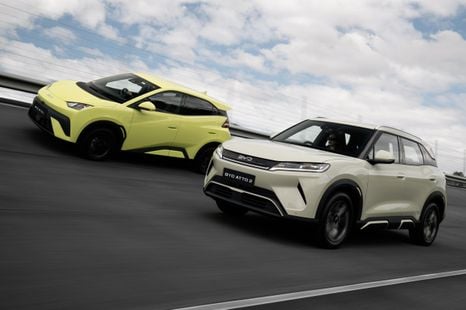

William Stopford
3 Hours Ago
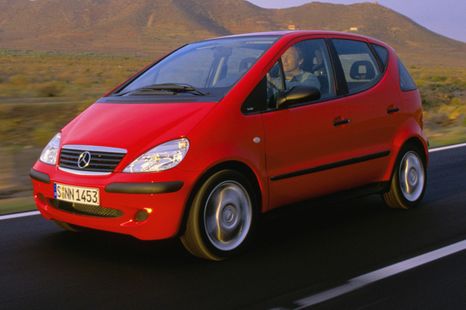

Derek Fung
5 Hours Ago
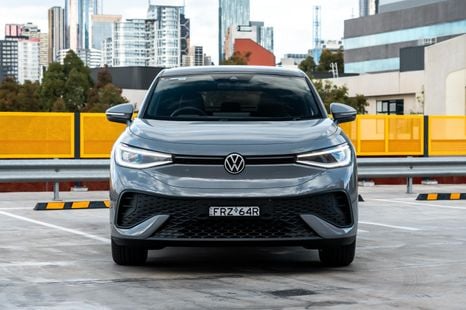

James Wong
12 Hours Ago
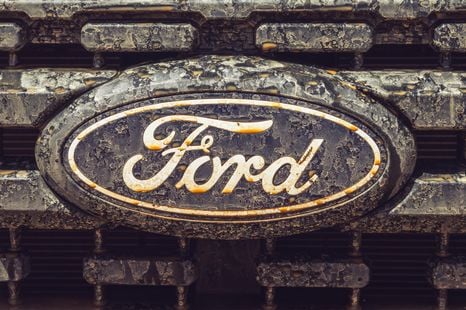

Damion Smy
17 Hours Ago
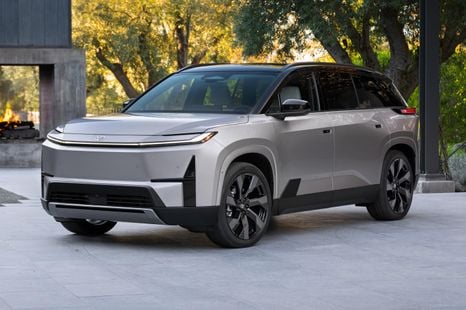

Damion Smy
18 Hours Ago
Add CarExpert as a Preferred Source on Google so your search results prioritise writing by actual experts, not AI.